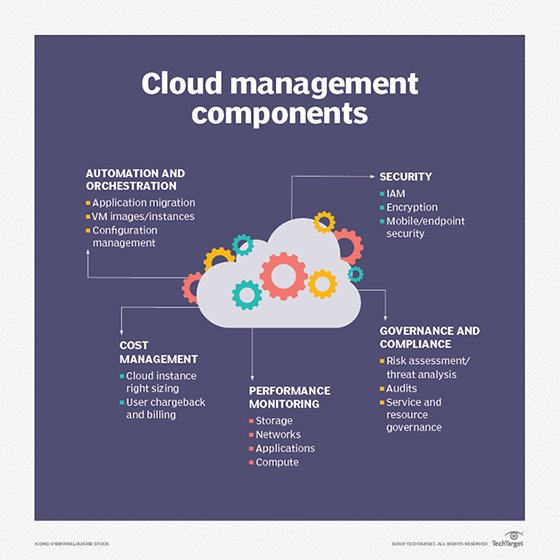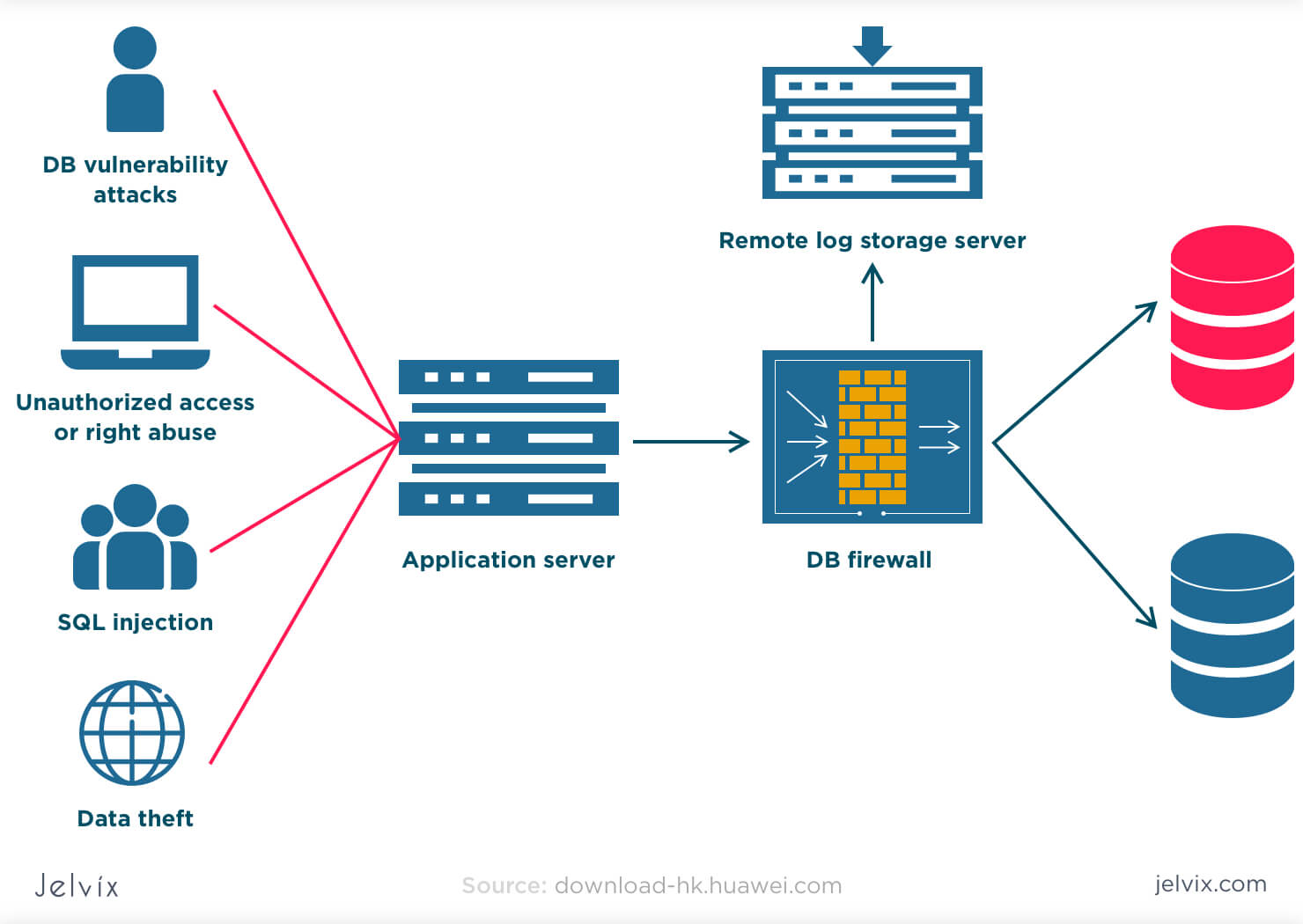Unleashing the Power of Database Management – A Guide for Technology Enthusiasts
In the world of technology, databases are the backbone of applications and systems. They form the foundation that enables efficient storage, retrieval, and management of data. With the ever-increasing volume of information generated daily, mastering database management has become essential for technology enthusiasts. Whether you’re a developer, data analyst, or someone looking to enhance their technical skill set, this guide will provide valuable insights into unleashing the power of database management.
1. Understanding the Basics of Databases:
Before diving into the complexities of database management, it’s crucial to grasp the fundamental concepts. A database is a structured collection of data that is organized, managed, and accessed in a systematic way. Relational databases, like MySQL and PostgreSQL, use tables and relationships to store and retrieve data, while NoSQL databases, such as MongoDB and Cassandra, provide flexibility for unstructured or semi-structured data.
2. Choosing the Right Database Management System (DBMS):
Selecting the appropriate DBMS is crucial for efficient data management. Each DBMS has its strengths and weaknesses, so it’s vital to consider factors like scalability, performance, data integrity, security, and cost. Researching popular DBMSs like Oracle, Microsoft SQL Server, MySQL, or MongoDB will help you understand which system aligns best with your needs.
3. Structuring and Normalizing Data:
A critical aspect of database management is structuring and normalizing data. Proper data modeling and normalization eliminate redundancy, improve data integrity, and enhance overall system performance. Techniques like identifying entities, defining relationships, and applying normalization forms (1NF, 2NF, 3NF) ensure efficient data organization.
4. Query Optimization:
Efficient querying is a key factor in maximizing the performance of your database system. Understanding how to write optimized queries, utilize indexes, and minimize costly operations like JOINs and subqueries can significantly enhance response times. Additionally, learning about execution plans and profiling tools specific to your DBMS will empower you to fine-tune your queries and identify bottlenecks.
5. Implementing Data Security:
Data security is paramount in the world of database management. Implementing robust security measures, such as authentication, authorization, and encryption, protects sensitive information. Applying security best practices and staying updated on the latest vulnerabilities will help you safeguard your data against potential threats.
6. Backing up and Disaster Recovery:
Accidents happen, and data loss can be detrimental. Implementing a robust backup and disaster recovery strategy is essential for database management. Regularly backing up your data, testing restoration processes, and utilizing off-site or cloud-based backups will ensure that you can recover from data loss or system failures efficiently.
7. Embracing Automation and Monitoring Tools:
To simplify database management, leverage automation and monitoring tools. For instance, database management systems often provide tools for automated backups, maintenance tasks, and performance monitoring. Integrating these tools into your workflow saves time and helps identify and resolve issues promptly.
8. Learning from the Community:
The database management field is constantly evolving, and staying up to date with the latest advancements is crucial. Engaging with the community through forums, blogs, and online communities allows you to learn from others, share insights, and stay informed about industry trends and best practices.
In conclusion, database management is a powerful skill that technology enthusiasts must embrace to navigate the ever-expanding world of data. By understanding the basics, selecting the right DBMS, structuring data efficiently, optimizing queries, implementing robust security measures, preparing for disaster recovery, automating tasks, and engaging with the community, you can unlock the true potential of database management. So dive in, explore the possibilities, and unleash the power of data with confidence!











